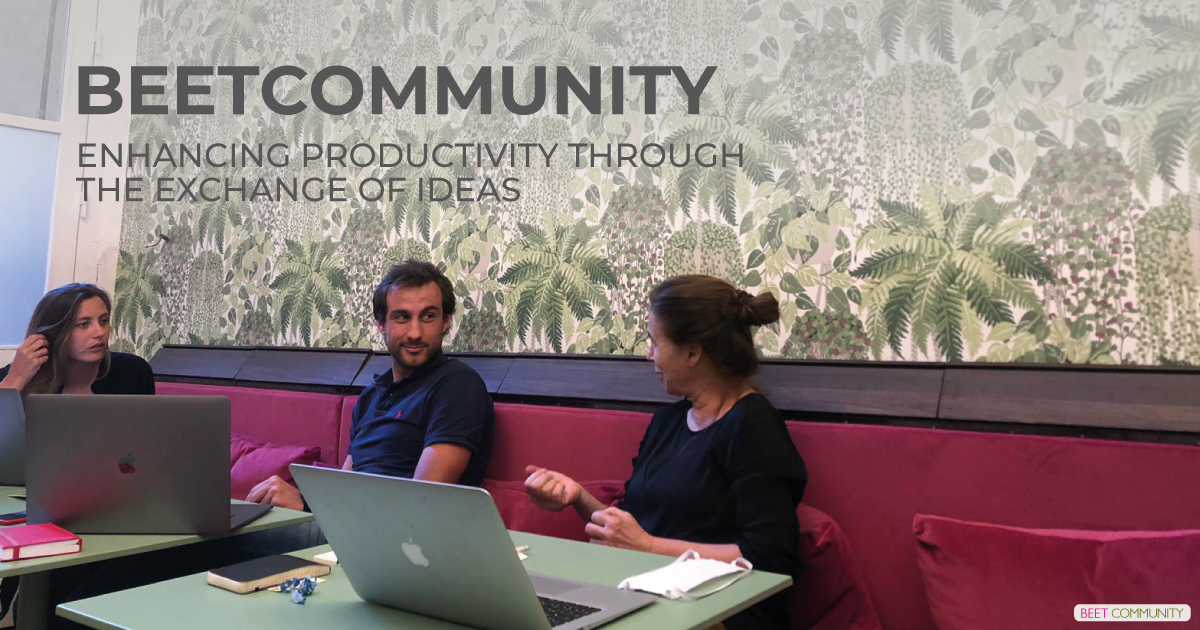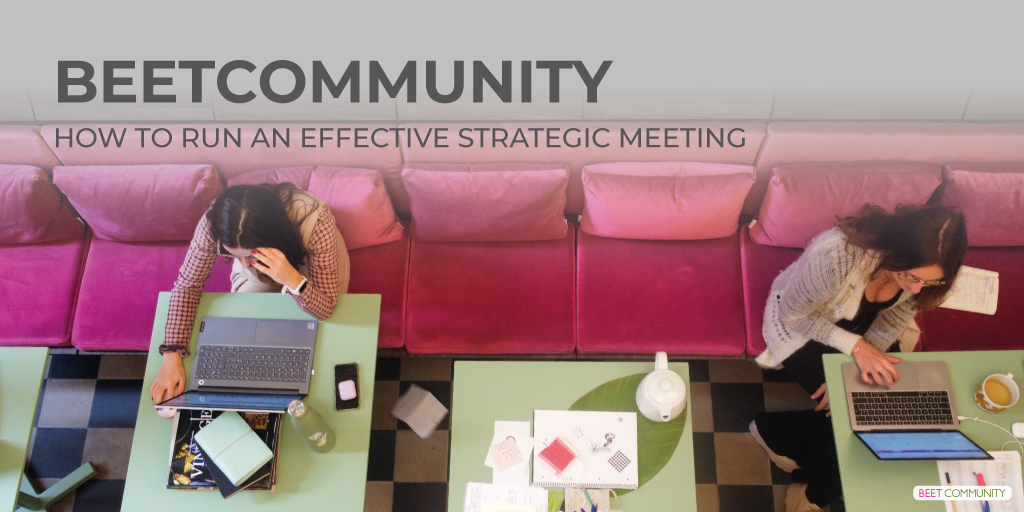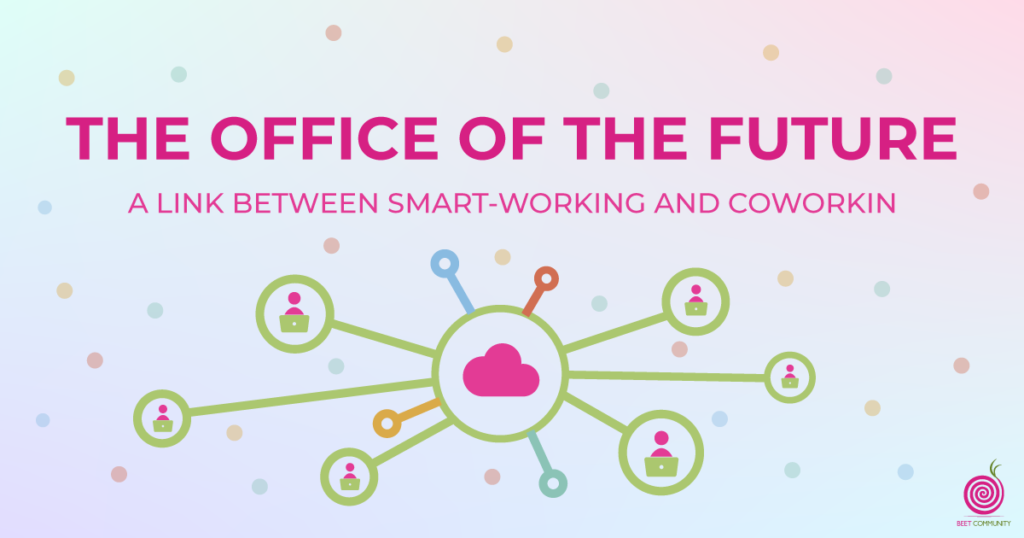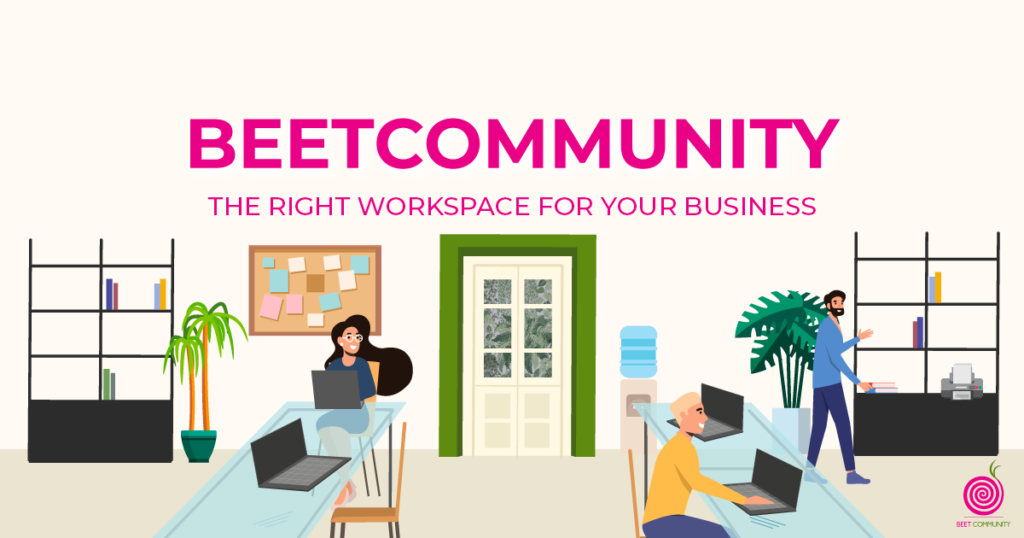In coliving and coworking arrangements, productivity is enhanced through ideas sharing and the exchange with other professionals
Coliving and coworking spaces, encouraged by the booming growth of smart-working, are becoming part of corporate strategies, shaking up the way companies manage their human resources. The demand for these spaces, which aim at stimulating productivity through the exchange of ideas, is growing rapidly and is proportionally linked to the implementation of the digital transformation processes, that are enabling remote work.
In addition, coworking and coliving also build a social environment, thanks to space sharing (which can facilitate the rise of new business ideas), to the implementation of development projects, and various networking opportunities: all these are crucial factors in professional activities.
The question is, does the use of relational spaces really encourage productivity through the exchange of ideas?
Professionals who are inclined to choose these spaces are generally ready to share work objectives and professional ethics, have a self-motivated commitment, and therefore they do not need managerial supervision.
It is precisely for this reason that professionals approaching coliving and coworking aim at achieving great results. Within such a professional community, people not only share, but also learn from each other, maximising productivity.
Various schedules and habits
The perfect balance between working hours and private life has very subjective parameters. Some people prefer the standard office hours (9 a.m. to 3 p.m.), while others have different working schedules, such as digital nomads, who often find themselves working with different time zones.
This aspect is what makes coworking and coliving unique: these spaces are not bound to standard working hours.
In addition, professionals living in shared spaces often have the opportunity to build friendships, facilitating the exchange of ideas or technical support, thus making the choice of coworking an investment rather than an expense.
Furthermore, coliving/coworking spaces offer the chance to discover different ways of working, with no fixed working hours, meaning that productivity can be tested also at timeframes that are unusual in a working routine.
There is also the possibility of choosing to work either in shared spaces, to foster relationships and exchanges, or in private spaces, where the worker can enjoy a quiet environment and stay focused.
Coliving and coworking usually also offer relaxation spaces, separate from the working area, therefore guaranteeing the possibility of taking a relaxing break, without disturbing who is working.
In summary, having diverse working modes does not hinder productivity: rather, it improves it and even adds new opportunities, such as the possibility to get in touch with investors or partners.
So, if you already figured out which space works best for your productivity, take it into consideration when looking for your ideal workspace.
But how are coworking spaces like?
Coworking spaces in coliving accommodations can be very diverse, but in general there are some basic features, such as a high-speed and reliable WiFi connection (with backup settings, in case of interruptions); shared and private workspaces, meeting rooms, relaxation areas; meals and drinks.
For example, Beetcommunity is the first coliving located in Palermo, used mainly by professionals who appreciate the freedom of remote work and enjoy relating with other professionals and experts. It offers all the tools needed to make work not only more productive, but also more pleasant. From rooms with workstation and private bathroom, to shared workstations, meeting and relaxation areas: every need for remote work is met.
In conclusion, companies like Beetroot srl, offering coworking spaces, understand the value of providing diverse environments to inspire the right balance between work and creativity. How productive you are in a coworking/coliving space depends ultimately on your mindset. The tools are all at your disposal, but what really counts it’s how you use them. If you are able to master time management, know what is your ideal working environment, and are willing to try different working hours (while remaining aware of your limits), you will thrive in a very productive environment.







About The Author: Admin
More posts by admin